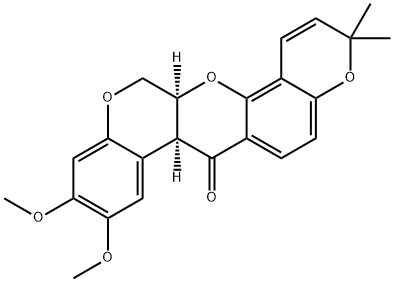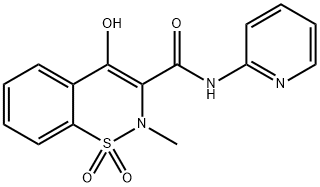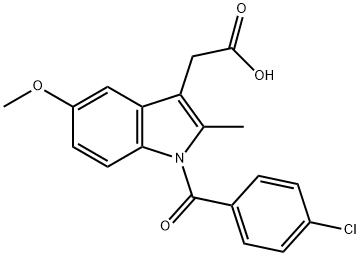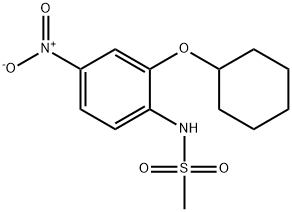Rotenoids, deriving from the flavonoid family of compounds, act as chemopreventive agents that inhibit NADH:ubiquinone oxidoreductase activity and suppress phorbol ester-induced ornithine decarboxylase (ODC) activity. The rotenoid compound deguelin, originally isolated from the bark of M. sericea (Leguminosae) to be used as an insecticide and fish poison, has chemopreventive and chemosensitizing effects in models of skin, mammary, colon, and lung carcinogenesis. Deguelin inhibits cell growth (IC50 = <10-8 M), blocks PI3K/Akt activation, suppresses COX-2 expression, and induces apoptosis in premalignant and squamous human bronchial epithelial (HBE) cells without affecting normal HBE cells. At 6 mg/kg, deguelin induces Parkinson’s disease-like symptoms in rats after six days of subcutaneous infusion and therefore may also serve as a useful model for Parkinson’s disease research.
antineoplastic, antiviral, insecticide, ornithine decarboxylate inhibitor





